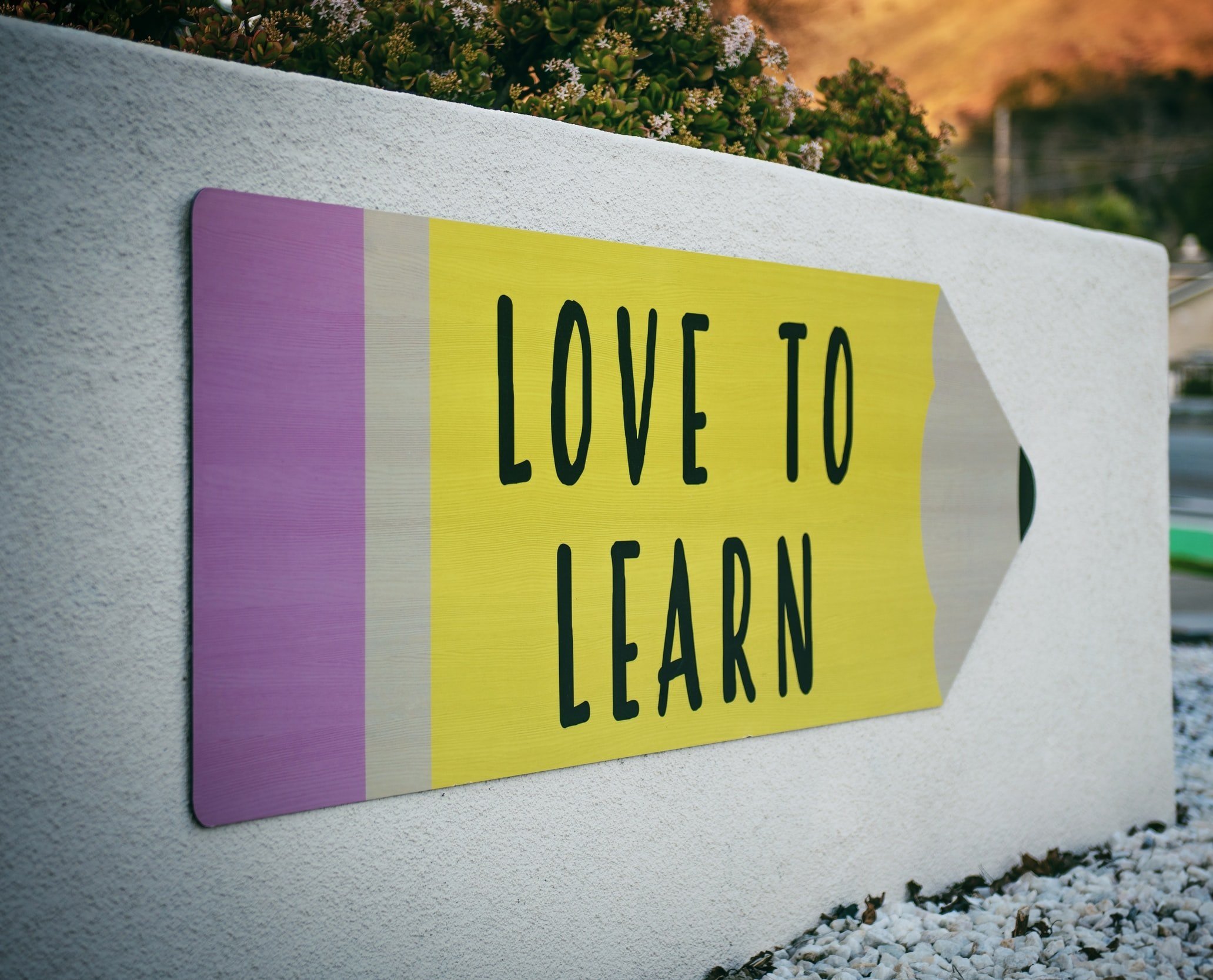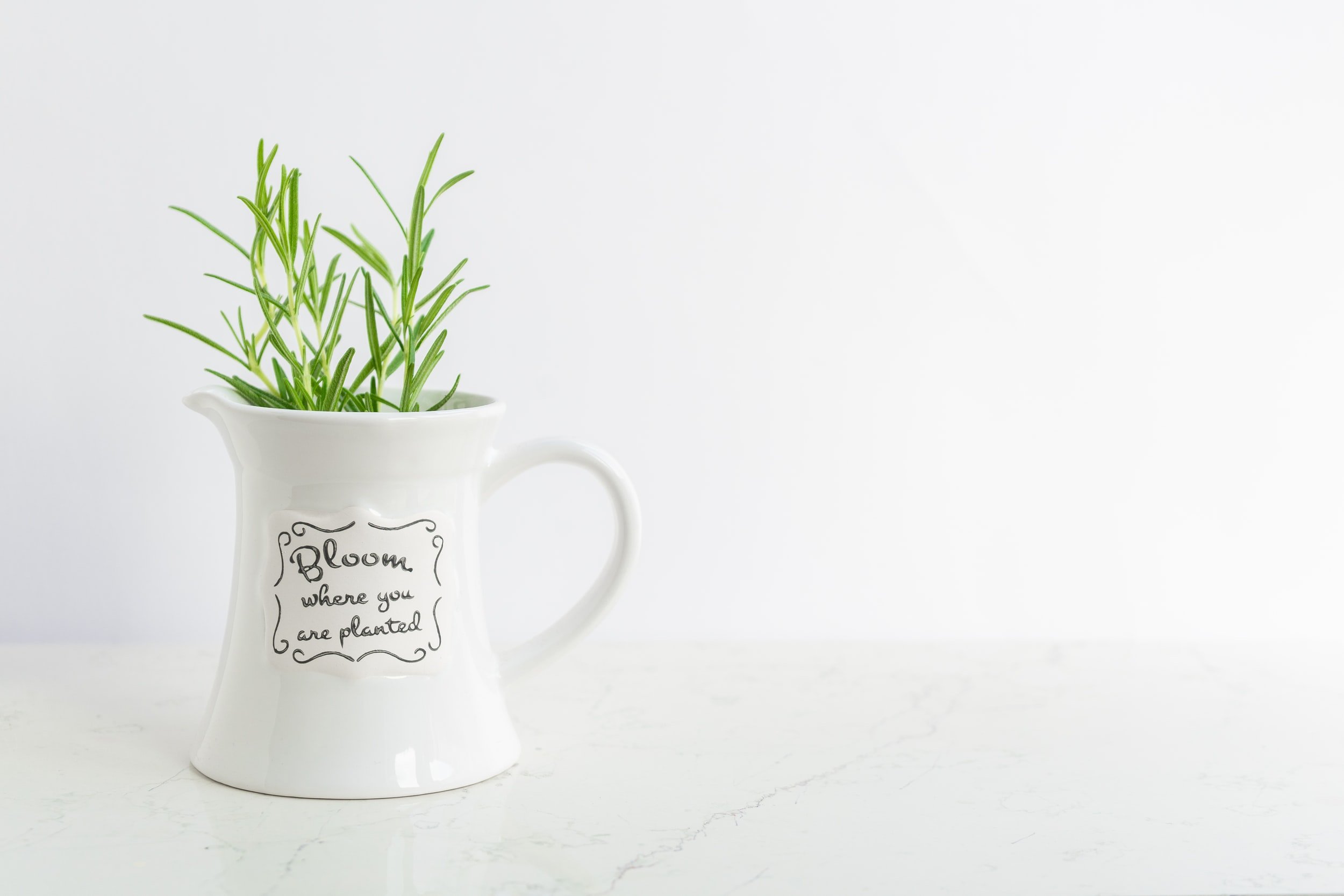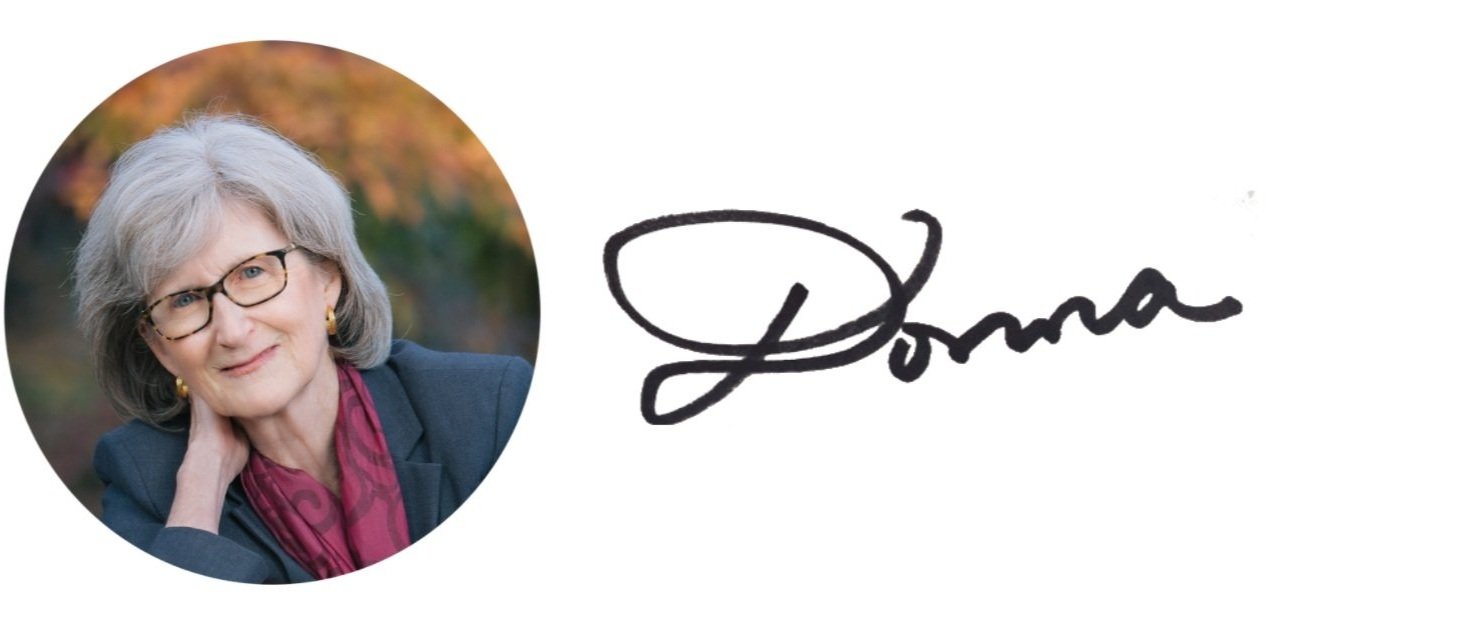Did you know a life transition can become something like a fountain of youth? Since each transition requires us to rethink our priorities, it gives us the opportunity to make choices that can powerfully influence our well-being and, eventually, how we age. Consider graduating from school, becoming an empty nester, or retiring from work. Even painful transitions, like losing a spouse or a job, require that choices be made. In each situation, the old routine won’t work any longer so we have to make a new plan. How much will we work, play, sleep, and how will we fill our days? Our financial status and competing responsibilities may limit our choices, but hopefully we can take advantage of each life transition to reflect on our life in a fresh way and make wise decisions.
The choices we make will have a powerful influence over our health and sense of well-being— good decisions can reduce the risk of facing chronic illness, declining mobility, and a myriad of ailments as we age.
One year ago my first book, Pilgrimage: A Doctor’s Healing Journey, was published. I was 72-years old. I had started writing this book six-and-a-half years earlier as part of my retirement plan to promote health and faith. I did not decide to write this book to help me feel younger, but that’s what happened. Here are seven unexpected benefits I received from writing Pilgrimage. I share them to encourage you to think about choices that might be open to you.
Seven Ways Writing My Book Helped Me to Feel Younger and More Alive
1. Discovering my identity. Though I started out writing a self-help book about health, it morphed into a memoir. To write an authentic memoir, I had to understand who I am and how I tick. I found myself entering a tunnel —and having to work hard to find the light. Prayer and the help of a therapist were critical to this process and helped me better understand my true self.
2. Learning new skills. Writing a book was way outside my comfort zone. The process forced me to learn a great deal about writing, the book industry, technology, and marketing. Two early examples were getting my first Macintosh computer and becoming a competent user and then learning to use and enjoy the book-writing software called Scrivener. I got used to pushing ahead when I was confused and didn’t really know the best next step. I found I could often make an educated guess or rely on a Google search.
3. Improving health habits. To write the book, I researched the many benefits of healthy eating, exercise, stress reduction, and mindfulness. I studied motivation, goal setting, and action plans. I looked at my own health habits and made some changes, such as starting weight training and eliminating red meat from my diet.
4. Making new friends. What a pleasant surprise it has been to meet and bond with other writers and those involved in the book publishing or marketing businesses. I’ve also bonded with individuals I’ve interviewed in my Pop-Up Conversation series or met as a podcast guest.
5. Developing resilience. Having a purpose and meaning builds resilience. The more resilient we are, the better we will adapt to stressors—and this translates to better health. My Serenity and Health ministry and continued efforts to share the messages of my book give me that sense of purpose.
6. Deepening my faith. In the process of writing and promoting the book, I have been blessed to share my faith with many others and to hear their stories as well. Journeying with others is a great faith-building tool.
7. Looking better. I feel a little sheepish writing about my appearance. After all, I’m a 73-year-old, gray-haired, and wrinkled senior citizen. But I still care about how I look. How I see myself affects how I feel about myself and vice versa. Because I am happier and enjoy more peace of mind, confidence, and energy, I smile more often and stand up straighter—two habits that can make any of us look and feel younger. I’ve also noticed that watching my own video events motivates me to wash my hair more often. Don’t laugh! A shower and good blow-dry can do wonders.
************************************************
What life transition is ahead for you? Have you thought about your priorities and the options open to you? Will your choices help you age well?
An obvious first step is to rethink eating, exercise, smoking, sleep, and screen time habits. Here are other ideas: change jobs, if a different one would feel more meaningful; go back to school, maybe just one class at night; learn a new language; start a company, foundation, or website; become an active volunteer like tutoring students or teaching English to immigrants; plant a garden; paint the house; sign up for art or music lessons; find a church that feels right and then attend; get a pet; try anything new, whether it be a recipe, prayer, or game; make a new friend by saying hello to a neighbor or acquaintance—just ask them for coffee; or, write a book!
SUGGESTIONS:
1. Dedicate 15 minutes of quiet time each day for yourself and for God. If you never slow down or put aside your device, you will not have as much success in knowing your path and taking that first step.
2. Stepping out of my comfort zone was necessary for more than learning new skills, the second benefit I described. I was also uncomfortable going into a gym for the first time. I even found it hard in the beginning to trust God. Learn more about the psychology of your comfort zone. It describes the benefits of leaving your comfort zone and ways to actually do it.
3. Plan ahead for a major transition. Talk to others. Research your ideas. Seriously consider going on a spiritual retreat to discern God’s will for you. Making choices that are consistent with God’s will is likely to work the best for you!
Dr. Donna Chacko promotes health of body, mind, and spirit through her website (serenityandhealth.com), her blog, and programs at her church. She is the author of the award-winning book and Amazon best-seller Pilgrimage: A Doctor’s Healing Journey (Luminare Press, 2021). You can read her full bio here.
Donna also offers a limited video series, “Pop-Up Conversations on Health of Mind, Body, and Spirit,” in which she interviews special guests on a range of topics related to mind-body-spirit balance and faith.





















What are your Spiritual Gifts and how do you find them?